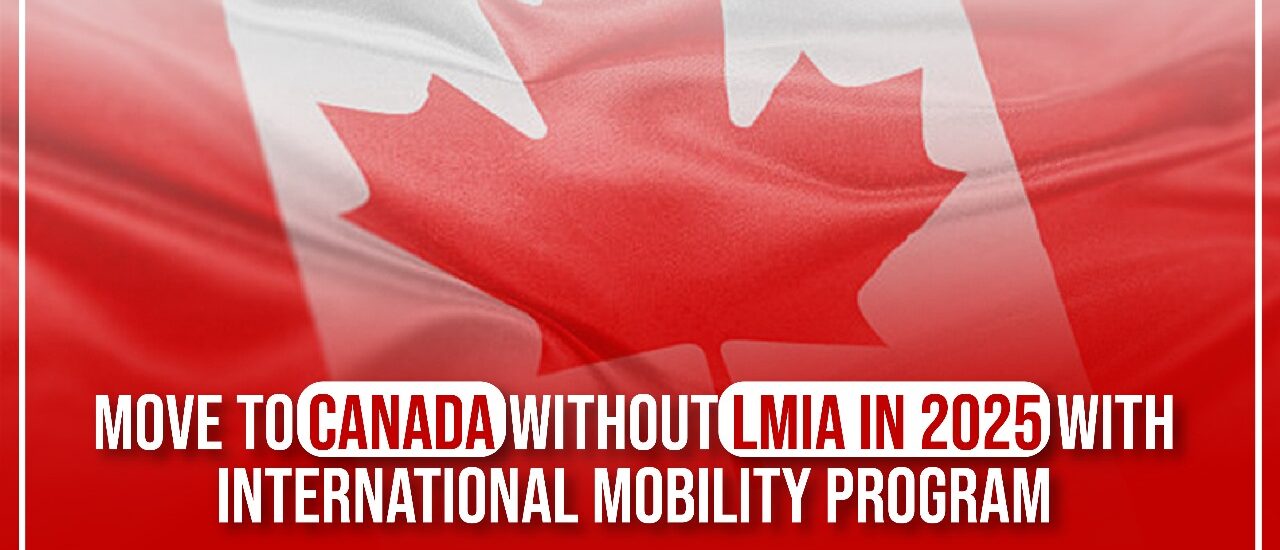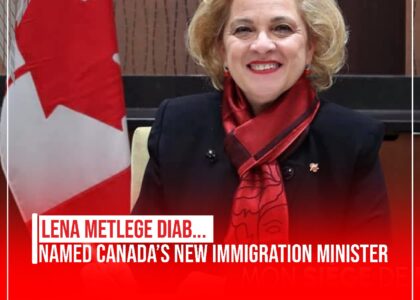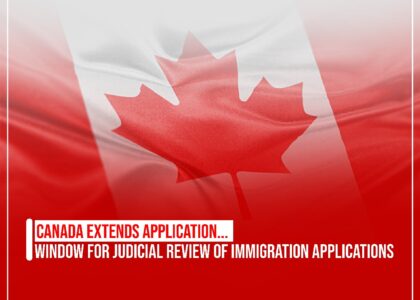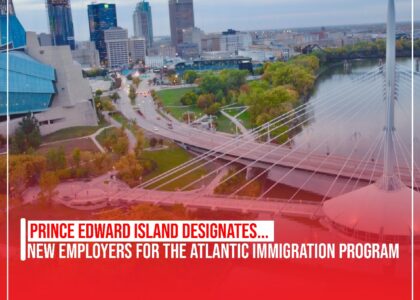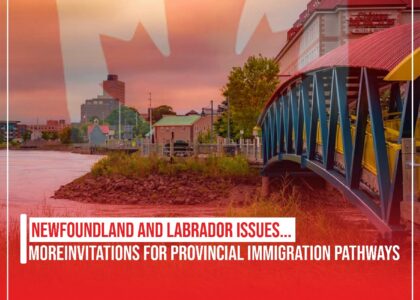Are you dreaming of making Canada your new home in 2025? With evolving immigration policies, it’s crucial to stay informed about the best pathways to achieve your goals. Mansory Immigration Consultants are here to help you navigate the updated regulations, including opportunities to move to Canada without the need for a Labour Market Impact Assessment (LMIA). Our expert insights will empower you to understand and leverage LMIA-exempt programs like the International Mobility Program (IMP), Global Talent Stream (GTS), and more.
This comprehensive guide covers everything you need to know about moving to Canada in 2025 without LMIA, including eligibility criteria, application processes, and practical tips to enhance your chances of success. Let’s get started.
Understanding the Labour Market Impact Assessment (LMIA)
A Labour Market Impact Assessment (LMIA) is a document that Canadian employers typically need to hire foreign workers. It serves as proof that no Canadian citizen or permanent resident is available to fill the job, ensuring that the local labor market is protected. However, obtaining an LMIA can be time-consuming and complex for employers, making LMIA-exempt pathways highly attractive for both workers and employers.
Who needs an LMIA in 2025? Employers hiring foreign workers under the Temporary Foreign Worker Program (TFWP) generally require an LMIA. However, programs like the International Mobility Program (IMP) and others offer LMIA exemptions, enabling smoother transitions for eligible candidates.
Top LMIA-Exempt Pathways to Move to Canada in 2025
Mansory Immigration Consultants specialize in identifying the best LMIA-exempt pathways tailored to your profile. Here are the top options to consider:
1. International Mobility Program (IMP)
The International Mobility Program (IMP) allows foreign workers to obtain a work permit without an LMIA. This program is designed to support Canada’s economic, cultural, and trade objectives. Key IMP categories include:
- Intra-Company Transfers (ICTs): For employees transferring within multinational companies to Canadian branches.
- International Agreements: Work permits under trade agreements like CUSMA, CETA, and CPTPP.
- Charitable or Religious Work: For individuals engaged in non-profit or religious activities.
- Francophone Mobility: For French-speaking workers outside Quebec in high-demand occupations.
2. Global Talent Stream (GTS)
The Global Talent Stream (GTS) is ideal for high-demand tech professionals and offers expedited work permit processing without LMIA. Roles like software developers, IT specialists, and engineers are highly sought after under this program.
3. Post-Graduation Work Permit (PGWP)
Graduates from eligible Canadian institutions can apply for a Post-Graduation Work Permit, which is LMIA-exempt. This pathway is especially advantageous for international students looking to gain Canadian work experience after completing their studies.
4. Provincial Nominee Programs (PNPs)
Certain provinces in Canada offer LMIA exemptions for specific occupations or employer-driven streams. For instance, programs in provinces like Ontario and British Columbia provide targeted pathways for skilled professionals.
5. Open Work Permits
Open Work Permits allow foreign nationals to work in Canada without being tied to a specific employer. Common examples include spousal open work permits, Bridging Open Work Permits (BOWP), and permits for refugees or protected persons.
Recent Updates to the International Mobility Program (IMP) for 2025
The International Mobility Program has undergone significant changes for 2025, particularly in the Intra-Company Transfer (ICT) category. Here are the key updates:
- Stricter Eligibility for ICTs
- Employers must demonstrate that the company is part of a multinational corporation with revenue-generating operations in at least two countries.
- Companies establishing their first Canadian presence are no longer eligible under ICT.
- Limited Work Permit Duration for Entrepreneurs
- Work permits for setting up new enterprises in Canada are now capped at one year, with extensions granted only if milestones like job creation or business growth are achieved.
- Wage Requirements
- Workers must be paid the prevailing wage rate in their region. Allowances like housing and travel are no longer included in the wage calculation.
- Proof of Active Operations
- Both foreign and Canadian entities must provide evidence of active business operations. Virtual businesses without physical premises are no longer eligible.
These updates underscore Canada’s intent to align temporary worker programs with long-term economic goals.
Eligibility Criteria for LMIA-Exempt Pathways
Eligibility for LMIA-exempt pathways depends on the specific program. For example:
International Mobility Program (IMP):
- Be employed by or affiliated with a qualifying organization under IMP.
- Hold a valid job offer from a Canadian employer.
- Meet specific stream requirements, such as being a senior manager or specialized knowledge worker under ICT.
Global Talent Stream (GTS):
- Possess skills in high-demand tech occupations.
- Have a job offer from a designated employer participating in the GTS.
Post-Graduation Work Permit (PGWP):
- Graduate from a recognized Canadian post-secondary institution.
Mansory Immigration Consultants can evaluate your profile to determine which pathway is best suited for your circumstances.
How to Apply for LMIA-Exempt Work Permits
Applying for an LMIA-exempt work permit involves several steps:
- Determine Eligibility: Identify the program that aligns with your qualifications.
- Gather Required Documents: Depending on the pathway, you may need employment contracts, proof of company operations, educational credentials, and job offer letters.
- Submit Application: Applications are submitted online through the Immigration, Refugees, and Citizenship Canada (IRCC) portal. Mansory Immigration Consultants can guide you through this process to ensure accuracy and completeness.
- Await Approval: Processing times vary but are typically faster for LMIA-exempt permits.
Top Occupations and Industries Under LMIA-Exempt Programs
Here are some of the high-demand occupations eligible under LMIA-exempt pathways:
Technology:
- Software Developers
- IT Consultants
Health Care:
- Nurses
- Physicians
Education:
- Professors
- Academic Researchers
Arts & Entertainment:
- Film Production Staff
- Musicians
Why Choose Mansory Immigration Consultants?
Navigating Canada’s immigration pathways can be complex, but Mansory Immigration Consultants make it simple. Our team of experienced professionals is dedicated to helping you:
- Identify the best LMIA-exempt programs for your profile.
- Enhance your eligibility through strategic planning.
- Complete your application with accuracy and efficiency.
- Stay updated on policy changes that may impact your immigration journey.
With our expertise, you can confidently take the next step toward your Canadian dream.
Conclusion
Moving to Canada without an LMIA in 2025 is entirely possible with the right guidance and preparation. Programs like the International Mobility Program (IMP), Global Talent Stream (GTS), and Provincial Nominee Programs (PNPs) offer excellent opportunities for eligible candidates. Mansory Immigration Consultants are your trusted partners in navigating these pathways, ensuring you have the best chance of success.
Start your journey to Canada today with Mansory Immigration Consultants by your side. Contact us now to unlock the doors to a brighter future in Canada.

